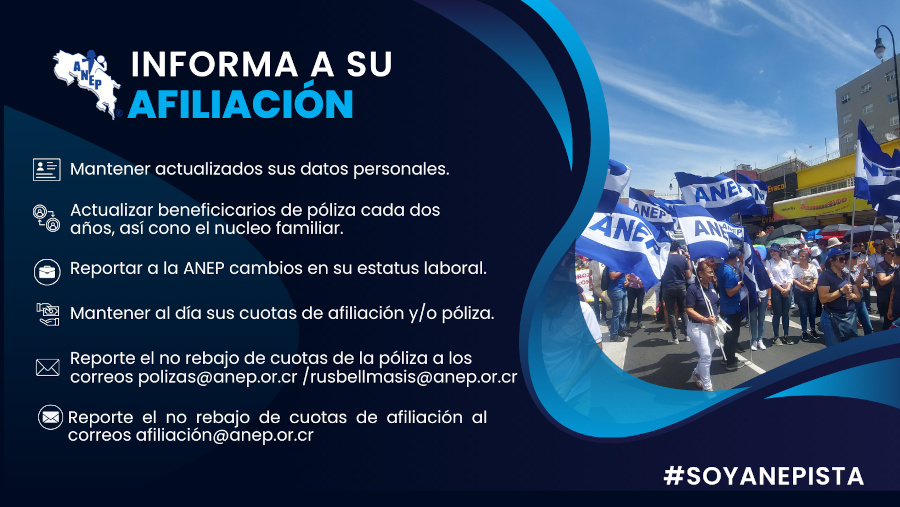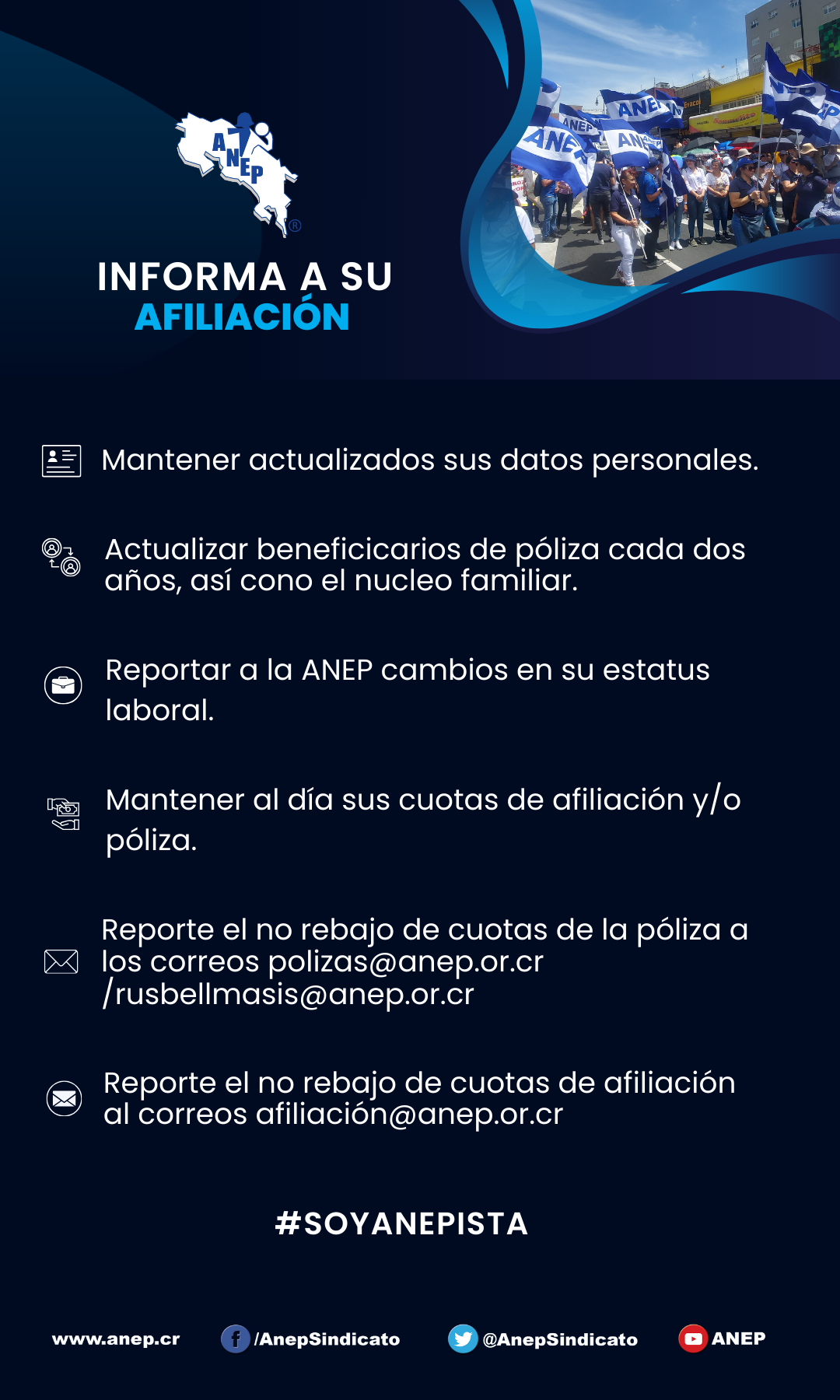The neoliberal economic sectors which have dominated Costa Rican politics in the last 20 years have been unable to complete the “task” set for them by the Washington Consensus, that’s to say the international financial institutions. Part of the “unfinished business” are the major privatisations which have been slowed down over the last two decades by a groundswell of popular resistance. After many years of resistance, the time has now come for a major confrontation over the Free Trade Agreement with the United States of America (CAFTA); its ratification would complete the “business” from the point of view of those dominant sectors of our society.
Costa Rica achieved human development indicators higher than almost any other country in Latin America: for example, 98% electricity coverage, 99% telephone coverage, 100% healthcare and drinking water coverage. These and other important social achievements were thanks to the key public sector institutions, with universal coverage, in the hands of the state.
Costa Rica’s big “sin” was to have created, developed and consolidated really successful and highly profitable public companies which do not depend on governmental subsidy and are therefore seen as lucrative market niches from the neoliberal perspective. Apart from anything else, this model led to the development of a large middle class which, even though it has suffered negative economic impacts in recent times, is still the backbone of the Costa Rican democracy of the last few decades.
Costa Rica is resisting. The people have not permitted the privatisation of their best public companies: telecommunications, energy, water, health and social security, commercial insurance, banking etc. The privatisation legislation presented over and over again in the parliament has never been implemented and has been rejected by the people, as happened in 2000 over the telecommunications bill (known as the “combo”) – thrown out by parliament after 17 days of street protests.
Today, all these privatisations have been squeezed into a single package: the_ “free”_ trade agreement with the United States of America. Costa Rica signed the CAFTA at the beginning of 2004, but it has not yet been ratified, because two and half years of civil resistance have prevented it. Costa Rica is being obliged to sign this agreement along with the other countries of Central America which all have much more dramatic social inequalities than we do. These countries (Guatemala, Honduras, El Salvador and Nicaragua) have never had any form of social safety net and public services like we have enjoyed in Costa Rica. This explains the popular resistance.
Social tension in the country is growing. Those who say ‘no’ and those who say ‘yes’ to the CAFTA are in an entrenched war of words. Our Nobel Peace Prize winner, today President of the Republic once again, Dr Oscar Arias Sánchez, instead of pacifying the country by seeking to mediate between two polar opposites, has signed up with the ‘yes’ lobby, has fully espoused CAFTA ratification and is promoting an artificial dialogue and fomenting confrontation.
The outside world needs to know the two faces of President Arias Sánchez. He is the visible face, the best promoter and defender of the most anti-democratic right-wing oligarchy, and is personally keen to be involved in selling off the successful public enterprises belonging to the Cosat Rican people.
Today the trade unions face a major onslaught against us because we have been the strongest advocates and mobilisers of resistance to the CAFTA. Insults, verbal agression, lies, physical threats (including death threats), intilidation, the first attacks on trde union offices and the major legal assault on public sector collective bargaining are all things we have never seen the country was reborn in 1949 after the civil war of 1948.
WHAT ARE WE ASKING FOR?
- That an international delegation of social organisations visits Costa Rica in order to verify what is happening and the rising social tension.
- That President Oscar Arias Sánchez is warned that all his actions are being monitored internationally.
- That funds are gathered for the mass day of resistance being planned, essentially for use in communication campaigns and transport for the mobilisation.
- That a website be set up to bring news of all the political and social events in Costa Rica, and in which the attacks on trade unions can be denounced and the real nature of Costa Rican democracy be revealed.
- That communications be sent to all our embassies and consulates around the world to inform them that people are monitoring very closely the threats, verbal attacks, the repression which is being prepared and the flagrant absence of freedom of information – with a large section of the media virtually calling for confrontation.
- That the election process of February 2006 which brought Arias to power be denounced as being dubious for its irregularities, for the abuse of the Constitution and for being a giant media fraud.
- That the fact that the word “trade union” pronounced in a private company in Costa Rica is synonymous with instant sacking of the worker who dares to pronounce it be denounced; the employee has no possible recourse to the constitutional court to order his/her reinstatement, despite the fact that trade union freedom is written into our Consititution. The government should be seen as complicit in this daily repression.
- That across the world, in all international trade union and social gatherings, space is made for talks, workshops, exhibitions and debates on the civil resistance to neoliberal policies in Costa Rica.
- We need to make it known that Costa Rica still has a “Social State in Law”, that we have not sold out our strategic public services to the transnational companies, which is why we have a better standard of living, with social mobility and relative equity.
COSTA RICA WILL WIN.
LONG LIVE INTERNATIONAL SOLIDARITY!









